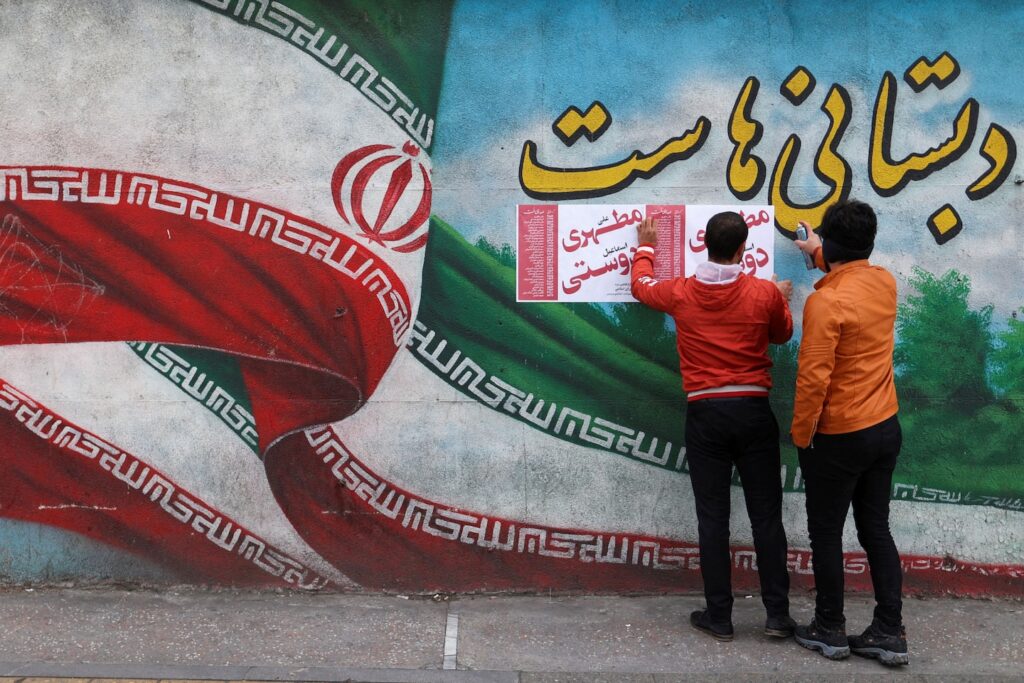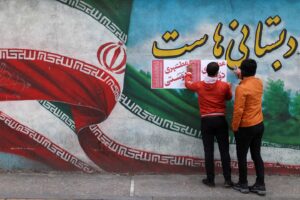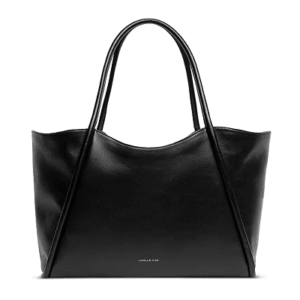[ad_1]
Do elections in Iran matter?
If low turnout is an indicator of widespread dissatisfaction, the elections could offer a glimpse into public opinion at a critical time for the country. Critics of the regime are calling for a boycott of the vote, but Iran’s rulers are warning that “weak elections” benefit no one.
“Not voting doesn’t lead to any achievements and does not resolve the country’s problems,” Ayatollah Ali Khamenei, Iran’s supreme leader, told a gathering of first-time voters on Wednesday, the state-run Islamic Republic News Agency reported.
“If the election is weak, everyone will be hurt,” he said. “I am not accusing anyone, but I remind everyone that we should look at the elections from the perspective of our national interests.”
One of the most prominent figures calling for a boycott is jailed women’s rights activist Nargis Mohammadi, the 2023 Nobel Peace laureate. In a statement posted on social media, Mohammadi called the elections a “sham”; she argued that the government’s “ruthless and brutal suppression” makes the boycott a political and moral “obligation.”
Why would Iranians boycott the elections?
Many Iranians are still reeling from the violent government crackdown on the nationwide protests that began over a year ago with the death in custody of 22-year-old Mahsa Amini after her arrest by the morality police in September 2022 for allegedly failing to wear her hijab properly. More than 500 people were killed and thousands jailed.
Since the protest movement, government crackdowns on free speech and dissent have intensified. Rates of executions increased, conservative laws have been tightened and repressive tactics are on the rise, according to rights groups and activists.
The country’s economy, meanwhile, continues to fail. Prices have soared as the value of the country’s currency has plummeted.
Analysts say mismanagement and corruption have long hampered Iran’s economy, but conditions were was exacerbated by crushing sanctions imposed by the United States after the Trump administration pulled out of the nuclear deal in 2018, and regional instability since the start of the war in Gaza in October.
In the past, economic hardship has fueled unrest and anger against the government, especially among the country’s educated middle class.
What are people voting on?
More than 15,000 people are running for 290 seats in parliament and 144 people are running for the 88 seats in the Assembly of Experts.
The parliament technically has the authority to exercise oversight of the country’s executive branch and vote on treaties. But in practice the country is run by the supreme leader.
The supreme leader, a lifetime appointment, is chosen by the Assembly of Experts. Experts serve terms of eight years; Khamenei, the supreme leader, is 84.
“This next assembly may very well be charged with designating Khamenei’s successor,” Iranian political researcher Marie Abdi observed in an article for the Middle East Institute.
Will the vote be free and fair?
Analysts and critics of Iran’s leadership warn that this election could be the country’s most restrictive yet. Sweeping disqualifications have barred many politicians from running.
Former president Hassan Rouhani, one of the candidates who has been disqualified, warns that the practice will “undermine the nation’s confidence in the system.”
Another former president says the country is “far away from free, participatory and competitive elections.” Mohammad Khatami’s comments were reported in local media.
Historian Arash Azizi, a senior lecturer at Clemson University, described the disqualifications as “widespread disenfranchisement.” Writing for the Atlantic Council, he says Khamenei has moved to “fill all institutions with only his most ardent supporters.”
When will results be made public?
In past parliamentary elections in Iran, preliminary results have emerged with a day. Official results, counted and certified, are expected within days.
[ad_2]
Source link





